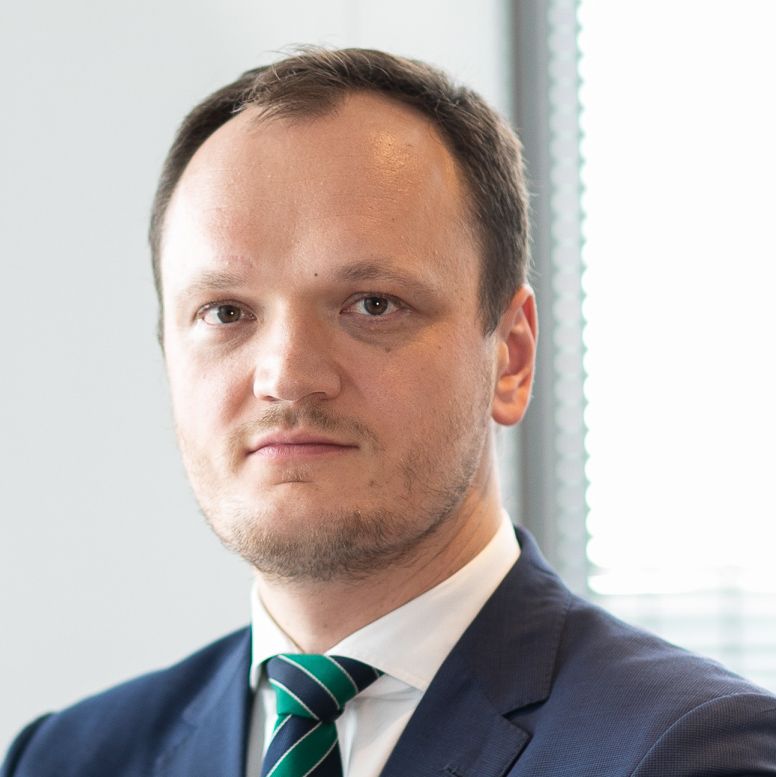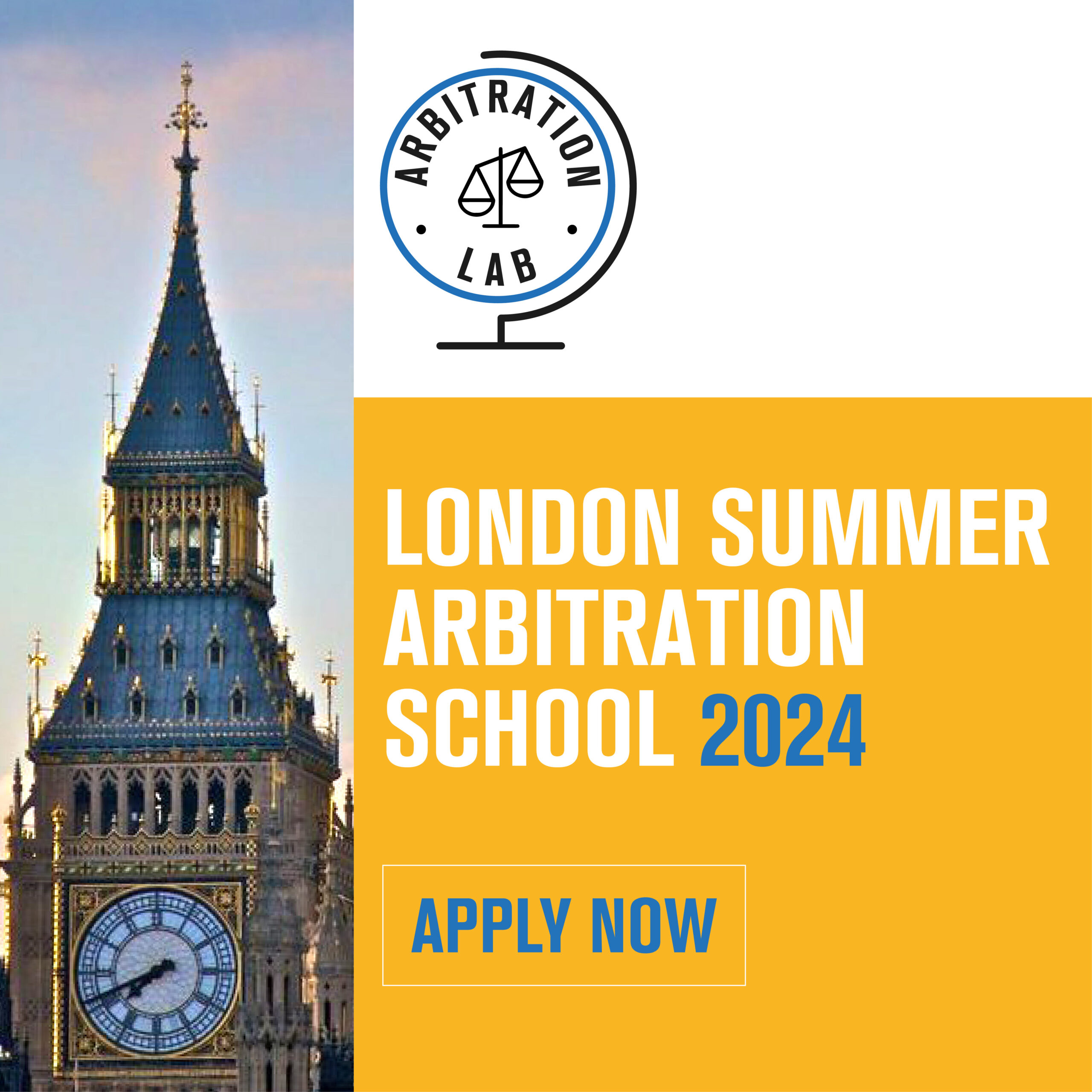The 2023 edition of the course covers:
• An overview of the Energy Charter Treaty reform process, its impact on ISDS and why states withdraw from the treaty
• The impact of sanctions on investor-state arbitration (users, institutions, and law firms) with a particular emphasis on EU and UK Russia-related sanctions
• The most important recent developments at the UNCITRAL Working Group III, including third party funding, costs and damages, and multilateral instrument on ISDS reform
• Key empirical findings of the yet not public UN study on the impact of corruption allegations in ISDS, including relevant treaty provisions, jurisdiction and merits, burden and standard of proof and the red flag analysis methodology
- To take the course in the online-only format enrol at any time here.
- To arrange a live session, please read more information here.
To request information about a live training session for your organisation or enquire about group discounts (more than 10 participants), please email info @ arbitrationalab.com. We will get back to you soon.



